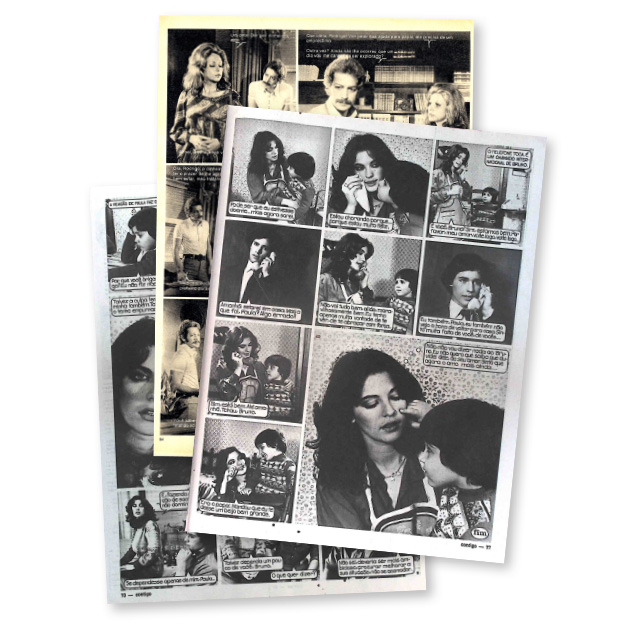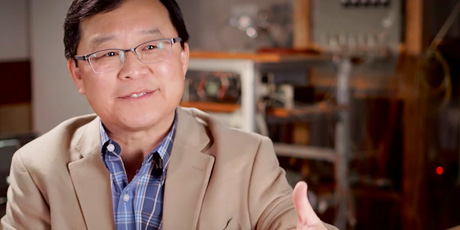Pow!
Combating Depression With Comics
Fotonovela may encourage patients to seek mental health treatment

The fotonovela form could be adapted to educate readers about mental health
Depression affects millions of Americans, but the population most at risk—Hispanics—is one of the least likely to seek treatment. The answer to increasing those numbers may be found in the pages of a comic book.
Research indicates that Hispanics are twice as likely as any other demographic to experience comorbid depression, with as much as 33 percent of the population suffering from the disorder. Yet they are also more inclined to let cultural concerns, social stigma, and other fears prevent them from seeking mental health treatment. Issues such as lack of insurance and language barriers further exacerbate the problem.
Social work Assistant Professor Katherine Sanchez is attempting to overcome these obstacles and encourage patients to seek treatment by using a fotonovela—an educational tool that depicts culturally sensitive images in a comic-book format—as part of an integrated health care treatment model.
"We know from over 20 years of research that integrated health care is an effective way to treat depression," she says. "My hope is that this study will help reduce disparities in the treatment of depression for Hispanic patients by increasing knowledge of the disorder, its causes, its symptoms, and its role in chronic disease."
Dr. Sanchez received a three-year grant from the National Institutes of Health to test her theory. She believes the fotonovela will improve patients' understanding of treatment options, encourage them to share in the decision-making process with their doctors, and increase their engagement in the treatment of their depression.
"Common concerns among Hispanics also include fears about the addictive and harmful properties of antidepressants and worries about taking too many pills," Sanchez says. "The fotonovela will help allay concerns of engaging in treatment."

















